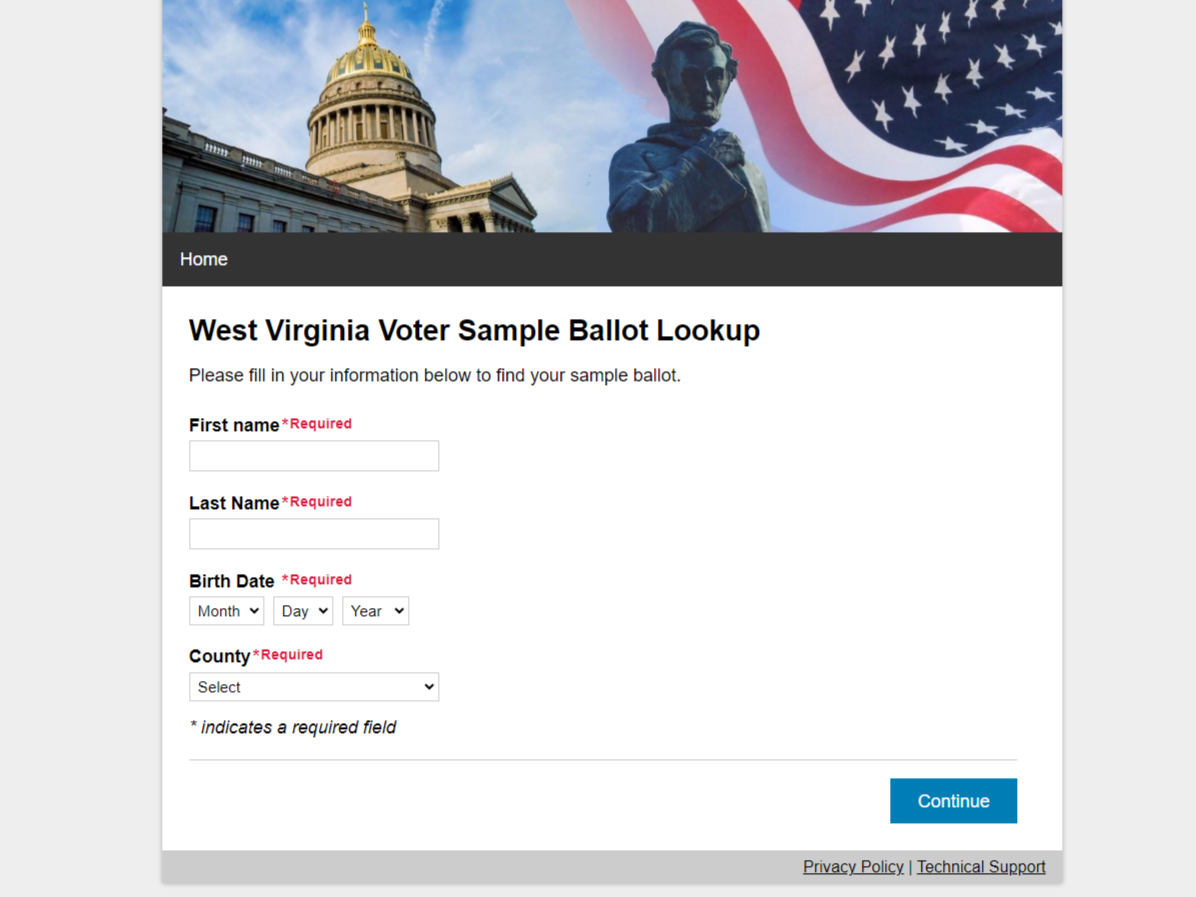West Virginia voters soundly defeated all four amendments on the ballot in the midterm elections Tuesday, including Amendment 4 – the Education Accountability Amendment.
The amendment would have required the State Board of Education to submit its rules and policies to the legislature to approve, amend, or reject.
The measure was defeated by a vote of more than 57 percent against and 43 percent in favor.
West Virginia Education Association President Dale Lee reacted to the voters’ decision to reject the proposals, calling it a “big” win for everyone, particularly for students and educators.
“We’re very happy that both amendments 2 and 4 were defeated,” Lee said. “Both would have had adverse effects on public education, the voters have made it clear that they want decisions made about education by educators and their local boards of education, not by the legislature in Charleston.”
Lee said voters saw through what he termed a potential “power grab” as evidenced by the “overwhelming number of votes” against the amendment.
Sen. Mark Maynard, a Republican from Wayne County and former Chairman of the Senate Rules Committee, said the state board of education is run by appointed officials, who are not accountable and have, quote, no real “skin in the game.”
Lee responded, saying the senate has to approve nominees; legislators have the power to reject any nominations the governor has put forward for any appointment.
“No more than 5 nominees can be from one political party which removes the politics from it,” Lee said. “They have to be from different areas of the state, so I don’t know how they are not accountable.”
Maynard said all agencies are subject to oversight, except for the Department of Education.
“When this comes across our desk we are held liable to the voters. Two heads are better than one, even if one is a sheep’s head, I think that’s an Appalachian phrase,” Maynard said.
Lee argued that legislators are not experts in every situation.
“If you want to improve education, ask the educators, give them the time and resources they need and you’ll see improvements.”
Maynard responded, saying legislators depend on agencies to deliver their expert testimonials.
“And we decide just like the biologists and the DNR; I mean, do you think we are all biologists up there at the legislature?” Maynard queried. “These are all educated experts in their field and they tell us why this needs to happen.”
He cited recent NAEP test scores as a reason the legislature should help oversee decisions made by the state board of education.
“If West Virginia education didn’t rank so low in testing scores in the nation that they wouldn’t need help.”
Lee, a former basketball coach, sees things differently.
“If we pulled 14 percent of our 8th graders and 13 percent of our 4th graders and asked them to shoot a basketball, would that give us a true accounting of how good of basketball players we have in WV. No, it’s a random sample.” Lee said.
Lee took the opportunity to press his point.
“On a better note, if we pull 14 senators and 13 house members and look at the number of bills they introduce each year and how many of them get passed, does that give us a clear indication of how good or how bad our legislators are? There are thousands of bills introduced each year and only a few hundred that get passed, so percentage-wise they’re not doing well either.”
Maynard voiced more frustration over the ballot’s language than its failure.
“The presentation to the voters in my opinion was terrible,” Maynard said. “I was disappointed that they rejected it, but after thinking about it it was probably the intelligent choice because they didn’t have enough information.”
He said if any other amendment ever goes on the ballot he plans to be part of the process.
“It’s so unfair because we as legislators had to vote on those amendments on the senate floor and the amendments we voted on were totally different from what I saw on Tuesday’s ballot. When I voted and I walked up to that ballot, I could not believe a two sentence layman’s term explanation of what the amendment did was the only thing on the ballot,” he said.
Sen. Patricia Puertas Rucker, R-Jefferson said she also noticed inconsistencies.
“It did look different than what we had proposed but that sometimes happens in the legislative process,” Rucker said. “Things get passed from the Senate to the House. “When it comes back to us to approve any changes we might not necessarily have noticed the language wasn’t exactly the same. We usually just trust our lawyers to basically say, “Oh don’t worry, it’s the same intent.”
Rucker said she would like to see simpler and clearer language on the ballot, especially for changes to proposed constitutional amendments.
Looking to the future, with Tuesday’s defeat of Amendments 2 and 4 West Virginia Education Association President Dale Lee said he hopes the population can unite and move forward.
“Everyone needs a seat at the table to give their opinion to offer input on the direction the state needs to go in.”
